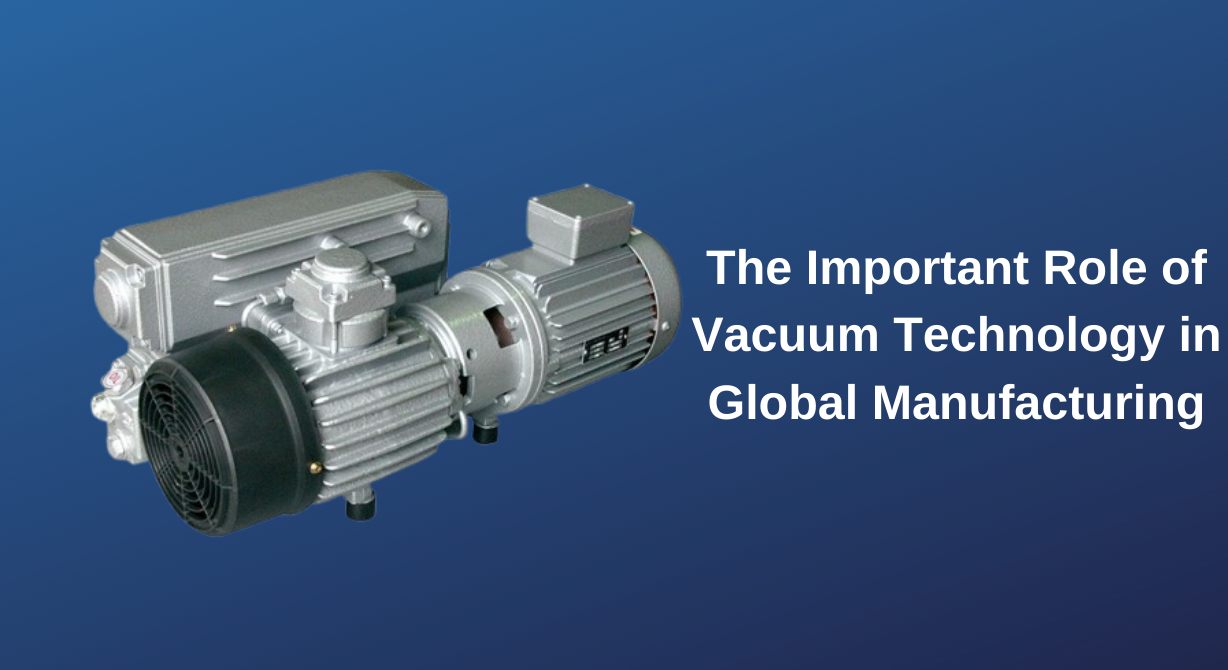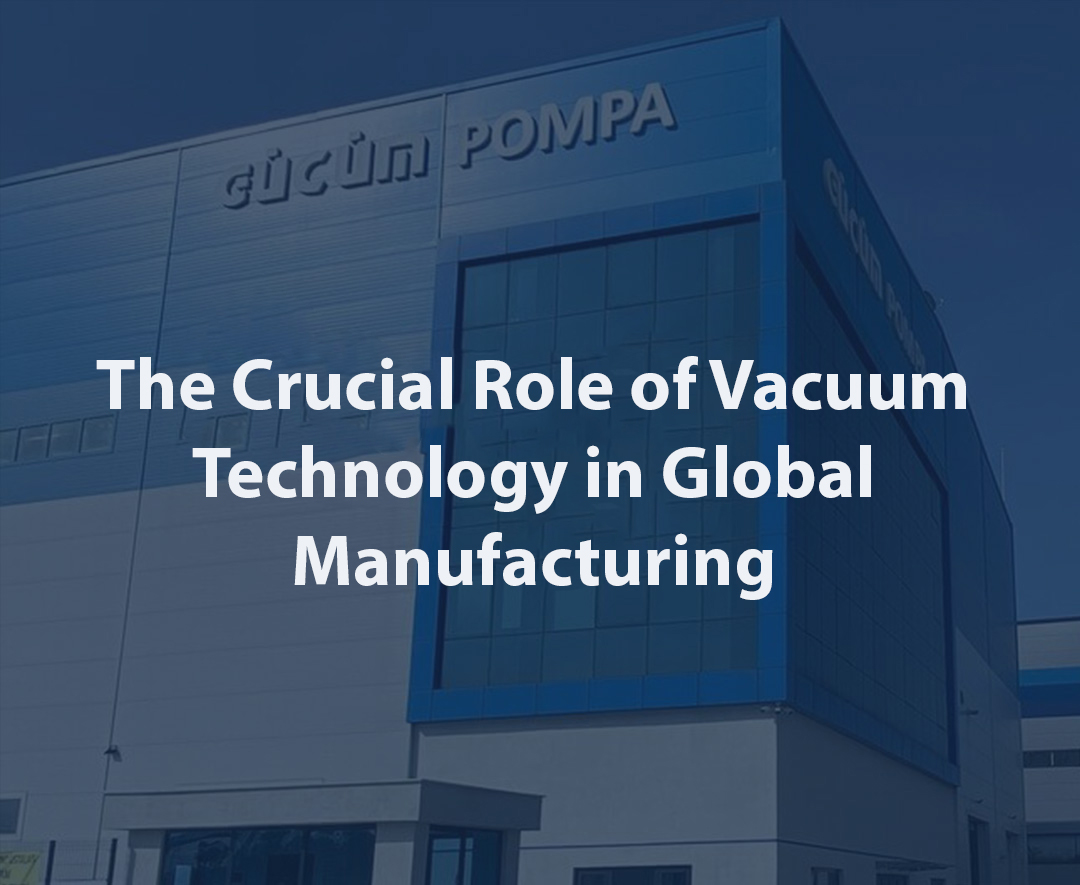The Crucial Role of Vacuum Technology in Global Manufacturing
Elevating Efficiency: How Does Vacuum Technology Impact Global Manufacturing Processes?
Vacuum technology plays a pivotal role in enhancing efficiency across global manufacturing processes. By creating a controlled vacuum environment, it facilitates precise material handling, assembly, and packaging. The utilization of vacuum systems ensures a secure grip on delicate or irregularly shaped items, minimizing errors and optimizing production speed. In automated manufacturing, vacuum technology aids in efficient robotic operations, contributing to streamlined workflows. Additionally, the reduction of air resistance enables faster conveyance of materials, enhancing overall throughput. As a result, vacuum technology not only refines manufacturing precision but also significantly impacts operational speed and reliability, fostering a more efficient and productive global manufacturing landscape.

Innovation in Action: What Crucial Advancements Define the Role of Vacuum Technology in Modern Manufacturing?
Innovation in vacuum technology has redefined its role in modern manufacturing, introducing crucial advancements that significantly impact efficiency and precision. The integration of intelligent sensors and automation in vacuum systems enables real-time monitoring and adaptive adjustments, enhancing operational accuracy. Vacuum grippers with advanced materials and designs contribute to secure and adaptable handling of diverse products, expanding the scope of applications. Moreover, the incorporation of Industry 4.0 principles leverages data analytics for predictive maintenance, ensuring uninterrupted production. The synergy of these advancements not only streamlines manufacturing processes but also positions vacuum technology as a key driver for achieving heightened productivity and quality standards in the dynamic landscape of modern manufacturing.
Sustainability and Vacuum Technology: How Can Manufacturers Leverage Vacuum Systems for Eco-Friendly Operations?
Manufacturers can strategically leverage vacuum technology for eco-friendly operations, aligning with sustainability goals. The adoption of energy-efficient vacuum systems reduces overall energy consumption, contributing to a lower carbon footprint. Vacuum technology's precise material handling capabilities minimize waste, promoting a circular economy approach. Additionally, the use of eco-friendly lubricants and components further enhances environmental sustainability. Manufacturers can explore renewable energy sources to power vacuum systems, embracing a greener approach. By integrating sustainable practices, such as recycling worn-out components and optimizing vacuum processes, manufacturers not only enhance operational efficiency but also demonstrate a commitment to environmental responsibility, fostering a more sustainable and environmentally conscious manufacturing paradigm.
Global Integration: What Challenges and Opportunities Does Vacuum Technology Present for Manufacturers Worldwide?
Global integration of vacuum technology presents manufacturers with both challenges and opportunities. While the adoption of vacuum systems enhances production efficiency, manufacturers may face challenges related to technology implementation costs and staff training. The need for standardization and compatibility in vacuum technology across borders may pose logistical hurdles. On the other hand, this integration opens doors to global collaboration and knowledge exchange, fostering innovation and diverse perspectives. Vacuum technology offers manufacturers the opportunity to streamline operations, reduce waste, and adhere to global sustainability standards. By overcoming challenges through strategic planning and embracing opportunities for collaboration, manufacturers can position themselves at the forefront of a globally integrated and technologically advanced manufacturing landscape.
Future Trends Unveiled: How Will Vacuum Technology Continue to Shape the Landscape of Global Manufacturing?
As we unveil future trends, it's evident that vacuum technology will play a transformative role in shaping the global manufacturing landscape. The integration of artificial intelligence and machine learning with vacuum systems will lead to more autonomous and adaptive manufacturing processes. Miniaturization and increased efficiency in vacuum components will contribute to enhanced precision and reduced environmental impact. Furthermore, the evolution towards Industry 4.0 will see vacuum technology seamlessly integrated into smart, interconnected manufacturing ecosystems. With an emphasis on sustainability, manufacturers will increasingly adopt vacuum technology to streamline operations, reduce waste, and meet stringent environmental standards. Overall, the trajectory of vacuum technology in global manufacturing promises a future marked by innovation, efficiency, and sustainable practices.
